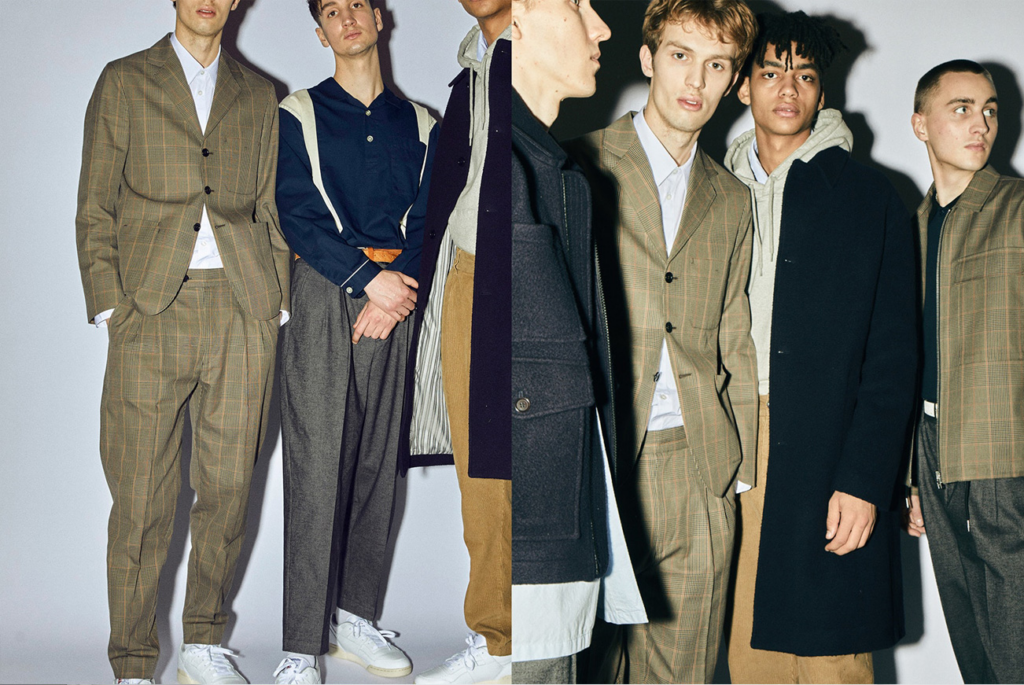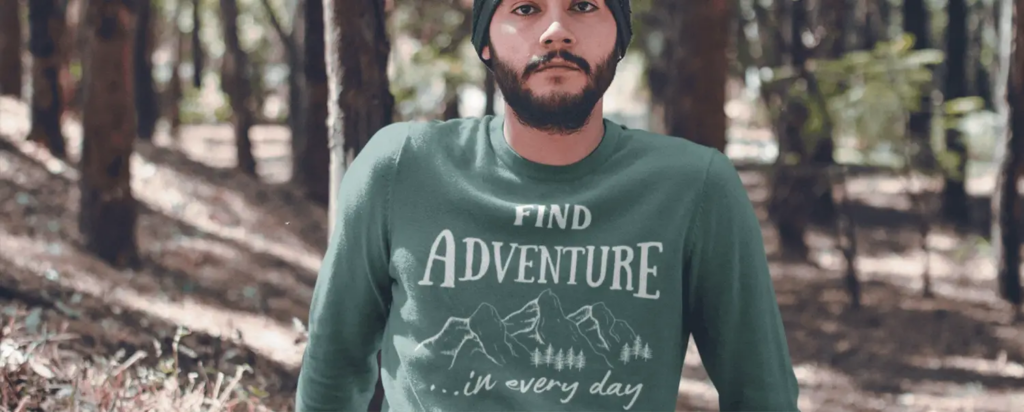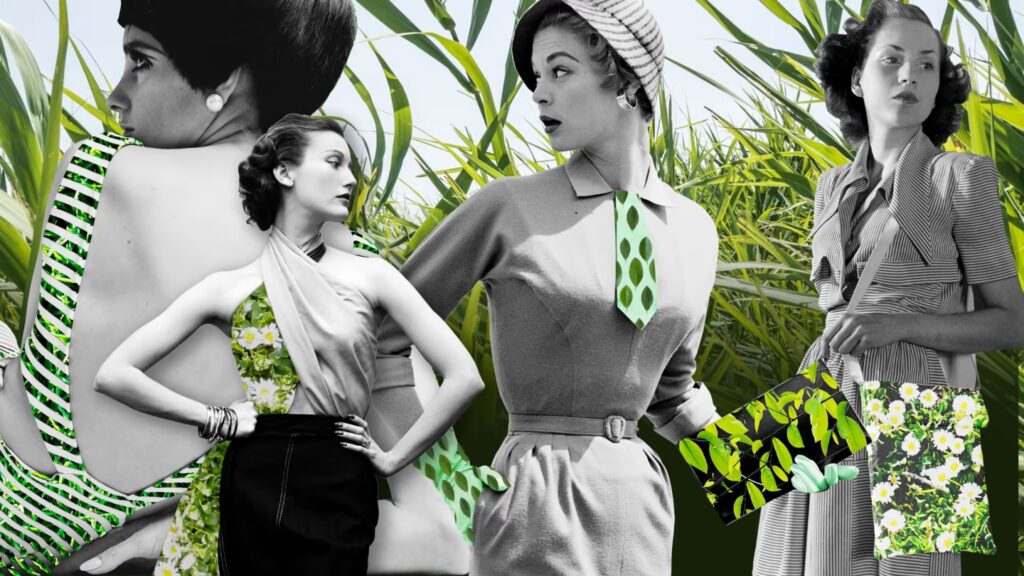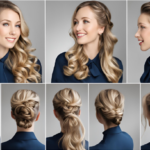In this era where sustainability is no longer a choice but a necessity, the fashion industry is undergoing a transformative shift toward eco-conscious practices. With over 100 billion clothing items produced annually—an overwhelming number compared to the 8 billion people on the planet—most of these garments tragically end up in landfills.
Beyond the issue of waste, the fashion industry is tackling other serious challenges, like carbon emissions, microplastics, and unfair labour exploitation. But there’s good news—many brands are stepping up to the plate, embracing the concept of ‘sustainable fashion,’ crafting clothes that are kinder to the planet and ideally in tune with today’s style trends.
We’ve curated a list of the top 10 sustainable fashion brands in 2025 that showcase innovative solutions. Embracing slow fashion isn’t just a trend but an essential step toward a healthier planet.
LIST OF TOP 10 SUSTAINABLE FASHION BRANDS OF 2025
| Serial No. | Brand Name |
|---|---|
| 1 | Stella McCartney |
| 2 | PANGAIA |
| 3 | Maria McAnus |
| 4 | Vouri |
| 5 | Atelier Plage |
| 6 | Patagonia |
| 7 | Mipen |
| 8 | Passenger |
| 9 | Arvor Life |
| 10 | Yes Friends |
1. Stella McCartney

Stella McCartney is one of the most recognised luxury brands championing sustainable fashion. The brand is strongly committed to eco-friendly practices and uses innovative, planet-friendly materials to craft its designs.
From vegan leather made with mushrooms and grape byproducts to a unique leather alternative created from 80% recycled grape waste, Stella McCartney is rethinking fashion’s impact on the planet. By reducing reliance on animal-based products and traditional plastics, the brand proves that luxury and sustainability can go hand in hand.
2. PANGAIA

PANGAIA is a fashion brand that calls itself the “materials science” company with a mission to create sustainable fabrics and support eco-friendly initiatives. Loved for its simple and comfortable streetwear, the brand focuses on reducing its environmental impact without compromising style or function. PANGAIA has introduced innovative materials like hemp-based plant denim and FLWRDWN™, a feather-down alternative made from wildflowers.
3. Maria McManus

Maria McManus is a sustainable fashion brand that combines style with mindful living. Designed by Maria McManus, the brand is about timeless pieces made with eco-friendly materials and ethical production practices. Every garment is carefully designed to minimise waste and last for years, inspiring customers to embrace quality over quantity.
4. Vouri

Vuori is a California-based athletic and leisurewear brand. Fully climate-neutral, Vuori has offset all its carbon emissions and is actively working to reduce its plastic footprint. Through a partnership with CleanHub, the brand has achieved 100% plastic impact offsetting and aims to cut plastic use in its supply chain by 80%. Vuori prioritizes transparency, sharing goals to reduce its direct and energy-related emissions by 42% by 2030.
5. Atelier Plage

Atelier Plage is a famous French luxury brand that beautifully combines style with sustainability. The brand is all about creating modern, eco-friendly pieces with minimal impact on the planet. They also use top-quality organic and recycled materials, such as sustainably sourced cotton and recycled polyester, adhering to strict environmental standards. They also help support local artisans and craftspeople, through which they can blend environmental care with community focus.
6. Patagonia

Patagonia is a trailblazer in sustainable fashion. The brand uses materials like organic cotton, recycled polyester, and hemp in its designs, setting new industry standards for sustainable fashion. Patagonia encourages customers to repair and recycle clothing through its Worn Wear program, promoting a longer garment lifecycle.
7. Mfpen

Mfpen has a mindful and creative approach to fashion, focusing on sustainability through the use of deadstock and surplus fabrics. The brand avoids producing new textiles by sourcing premium leftover materials from European mills, particularly in Italy and Portugal. This eco-conscious philosophy carries over to their knitwear and jersey collections, crafted from recycled fibres like pre- and post-consumer wool, cashmere, cotton, and polyester.
8. Passenger

Passenger is a clothing brand designed for adventurers who care deeply about the planet. With a strong focus on sustainability, the brand plants a tree for every purchase, helping restore forests and supporting the people working to protect them. So far, they’ve planted over half a million trees and safeguarded nearly 29 million square meters of rainforest. Partnering with organisations like Rainforest Trust, Trees For The Future, and One Tree Planted, Passenger goes the extra mile for conservation.
9. Arvor Life

Proudly plastic-free and vegan, Arvor Life is a UK-based clothing brand that aims to protect the planet and oceans. They create garments using only organic or recycled materials, offering a much better alternative to fast fashion. Arvor Life prioritises sustainability, ensuring its clothing is better for the environment and gentle on the skin. With every purchase, the brand helps remove 1lb of ocean-bound plastic waste, contributing directly to conservation of the ocean and aquatic life.
10. Yes Friends

Yes Friends is one of the few brands in the industry which focuses on ensuring garment workers receive fair wages and bonuses, directly addressing poverty in the fashion industry. It is a clothing brand dedicated to ethical manufacturing and positive impact.
Yes Friends is one a unique fashion brand that is not only dedicated towards the wellbeing of workers but also encourages sustainable fashion in their clothing production by using only organic Fairtrade cotton and producing clothing in solar-powered factories. Their brand is focused on creating affordable, ethically sourced fashion that balances environmental and social responsibility.
Last Word –
These Sustainable Fashion Brands of 2025 are all set to redefine the future of sustainable fashion. These brands set a higher standard for fashion and stand as a proof that style, quality, and ethics can co-exist in that sphere. Every purchase made through such a brand contributes to a global shift towards responsible consumption, which in turns inspires other brands to do the same. Through such eco-friendly practices, we can foster a future where fashion is as sustainable but doesn’t loose its essense, while at the same time, creating a long lasting positive impact for the environment and future generations.


